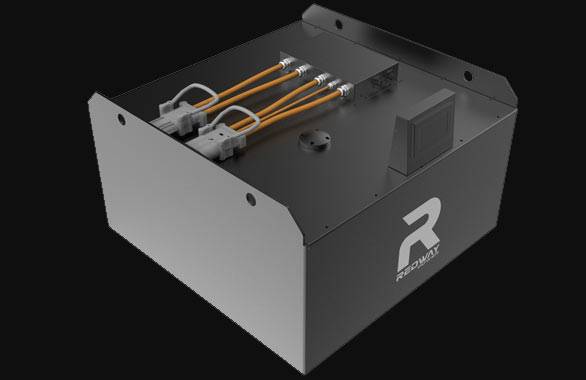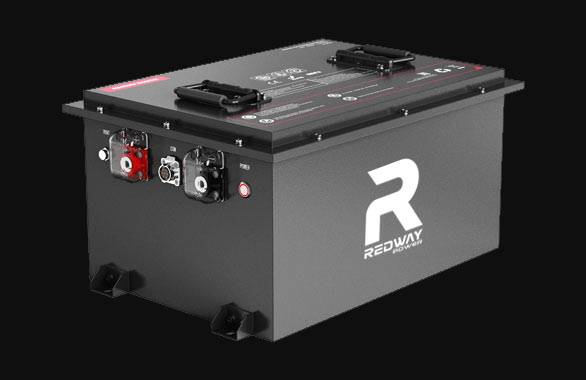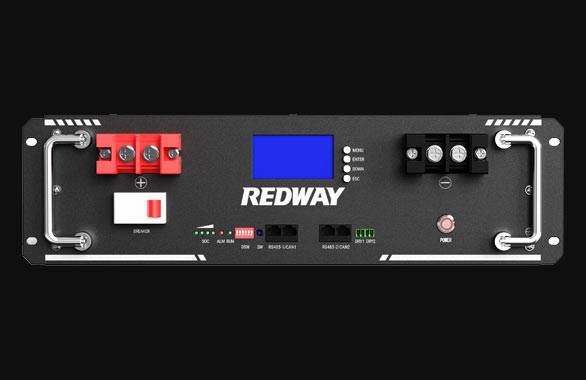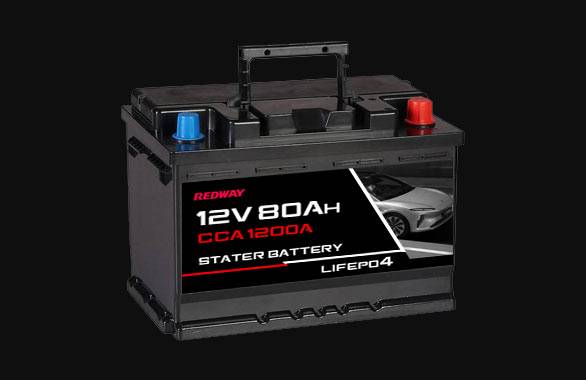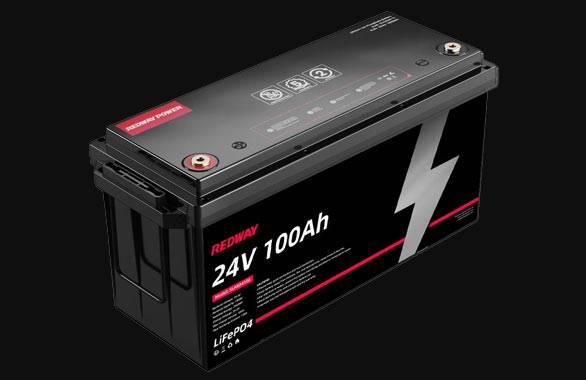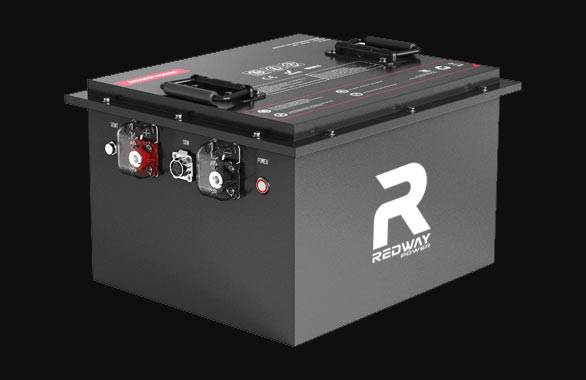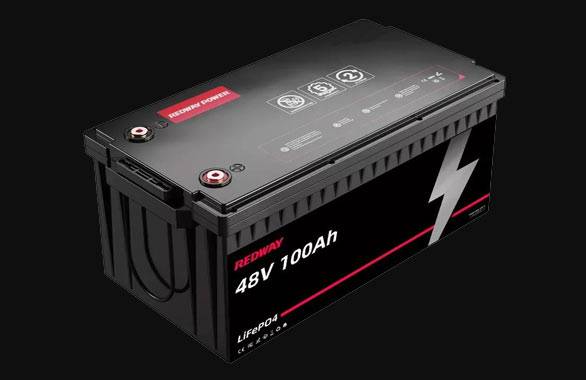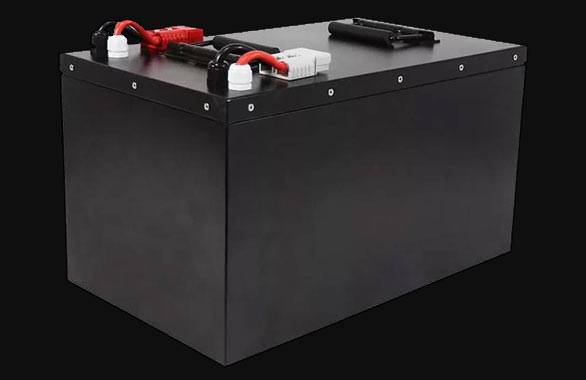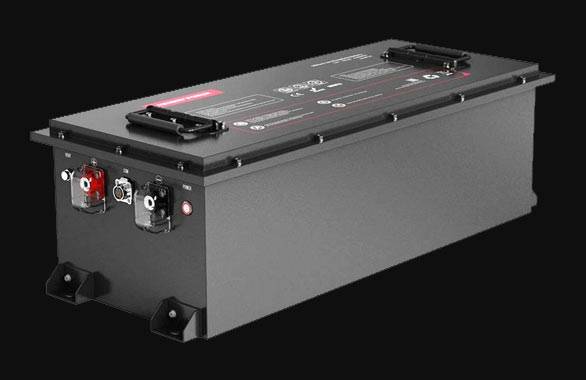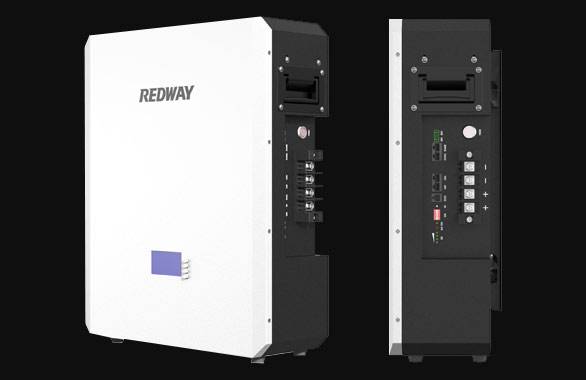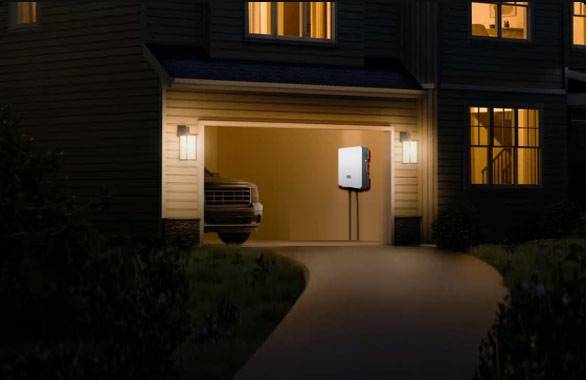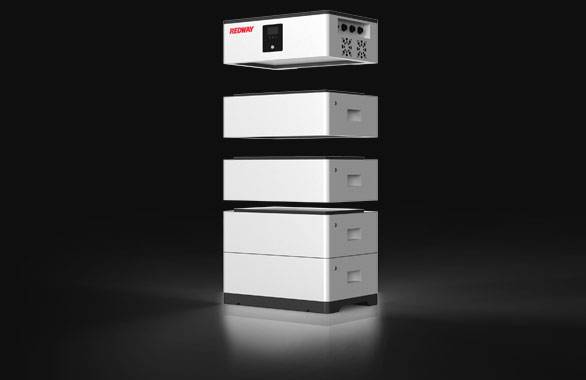- Forklift Lithium Battery
- Golf Cart Lithium Battery
- Rack-mounted Lithium Battery
51.2V 100Ah Rackmount LiFePO4 Battery
8000 times (80% DOD 0.5C)
Optional SNMP for TELECOM - Car Starter Battery
- 12V LiFePO4 Battery
12V 150Ah Lithium RV Battery
Bluetooth App | Self-heating
LiFePO4 | Group 31
UL 1642 | IEC 62619 - 24V LiFePO4 Battery
- 36V LiFePO4 Battery
- 48V LiFePO4 Battery
- 60V LiFePO4 Battery
60V 100Ah Lithium Battery (AGV, AMR, LGV)
Peak Discharge Current 400A
500 x 298 x 349 mm - 72V~96V LiFePO4 Battery
72V 100Ah Lithium Golf Cart Battery
Peak Discharge Current 315A (10S)
740 × 320 × 246 mm - Wall-mounted Lithium Battery
51.2V 100Ah 5kWh
Wall-mounted Battery532 x 425 x 170 mm / LiFePO4
>8000 Cycles (80% DOD 0.5C)
RS485 / CAN-bus
for Solar Home ESS - Home-ESS All-in-One
51.2V 32kWh
All-in-On HESS SystemPowerAll
51.2V / LiFePO4
>8000 Cycles (80% DOD 0.5C)
RS485 / CAN-bus / WiFi
All-in-One for Home ESS
What Is The GPL-4CT AGM Battery?
The GPL-4CT AGM Battery is a 6V 220Ah Absorbent Glass Mat (AGM) lead-acid battery designed for deep-cycle applications like electric vehicles, marine systems, and industrial equipment. Manufactured by Lifeline, it features spill-proof construction, high vibration resistance, and maintenance-free operation. AGM technology ensures efficient charge retention and extended lifespan (4–6 years) with a discharge depth up to 80%. Its robust design supports sustained power delivery in demanding environments like golf carts and solar storage systems.
What Is the Best Solar for RV?
What are the key technical specifications of the GPL-4CT AGM Battery?
The GPL-4CT operates at 6V with a 220Ah capacity, delivering 1.32kWh energy. Built with AGM technology, it uses absorbed electrolytes in fiberglass mats for leak-proof performance. Pro Tip: Pair two units in series for 12V systems to power RVs or solar setups. For example, this battery sustains 50A loads for 4 hours, ideal for trolling motors.
With a nominal voltage of 6V and 220Ah capacity, the GPL-4CT provides consistent power for deep-cycle applications. AGM construction eliminates liquid spillage, making it suitable for mobile or off-grid installations. Unlike flooded batteries, it recharges efficiently at 14.1–14.4V, reducing sulfation risks. Practically speaking, its 10-year shelf life (with proper maintenance) outperforms standard lead-acid alternatives. Warning: Avoid charging above 14.7V to prevent gas venting. But how does it handle temperature extremes? The AGM design ensures stable operation from -20°C to 50°C, minimizing capacity loss in cold climates.
| Feature | GPL-4CT AGM | Standard Flooded Battery |
|---|---|---|
| Cycle Life | 1,200 cycles | 300–500 cycles |
| Maintenance | None | Regular watering |
| Installation | Any orientation | Upright only |
What applications is the GPL-4CT AGM Battery optimized for?
Optimized for deep-cycle use, the GPL-4CT excels in golf carts, marine trolling motors, and solar energy storage. Pro Tip: Use in pairs for 12V setups to maximize renewable energy systems. For instance, four batteries create a 24V 440Ah bank for off-grid cabins.
The GPL-4CT’s high cyclic endurance makes it ideal for applications requiring daily discharge-recharge cycles. Beyond mobility uses, it’s deployed in UPS systems and telecom backups. Its vibration resistance suits heavy machinery like forklifts, while the sealed design prevents acid leaks in marine environments. But what about solar? When paired with MPPT controllers, it achieves 95% charge efficiency, outperforming gel batteries in partial-state charging. Pro Tip: Limit discharge to 50% depth for 2,000+ cycles—doubling lifespan compared to 80% discharge use.
How does AGM technology enhance the GPL-4CT’s performance?
AGM technology uses fiberglass mat separators to immobilize electrolytes, enabling faster recharge and lower internal resistance. For example, the GPL-4CT accepts 40A charging currents, reducing downtime by 30% vs. flooded models.
The AGM design in the GPL-4CT minimizes electrolyte stratification, a common issue in flooded batteries. This ensures uniform chemical reactions across plates, maintaining 95% capacity after 500 cycles. With recombination efficiency exceeding 99%, water loss is virtually eliminated—no topping-up required. Practically speaking, its low self-discharge (3% monthly) makes it reliable for seasonal equipment. Warning: Never expose AGM batteries to temperatures above 60°C, as mat dehydration causes irreversible damage.
| Parameter | GPL-4CT AGM | GEL Battery |
|---|---|---|
| Charge Rate | 0.3C | 0.2C |
| Cold Cranking | 1,150A | 900A |
| Cost | $$ | $$$ |
Redway Battery Expert Insight
The GPL-4CT AGM Battery combines Lifeline’s advanced AGM engineering with rugged durability for deep-cycle demands. Its thick plates and high-purity lead ensure 1,200+ cycles at 50% DoD—ideal for renewable energy and mobility. Redway recommends temperature-compensated charging (0.03V/°C adjustment) to maximize lifespan in extreme climates while preventing overcharge risks.
FAQs
Can the GPL-4CT AGM Battery be used in solar systems?
Yes, its deep-cycle design and 80% DoD tolerance make it ideal for solar storage. Always pair with a compatible charge controller to avoid overvoltage.
How often should the GPL-4CT be recharged?
Recharge within 24 hours after discharging. AGM batteries degrade faster if left partially charged due to sulfation risks.
Is ventilation required for GPL-4CT installation?
Minimal—AGM batteries emit less gas than flooded types. However, maintain 1-inch clearance around cells for thermal management.
What Are the Best 12V Lithium Battery Brands for RVs?


